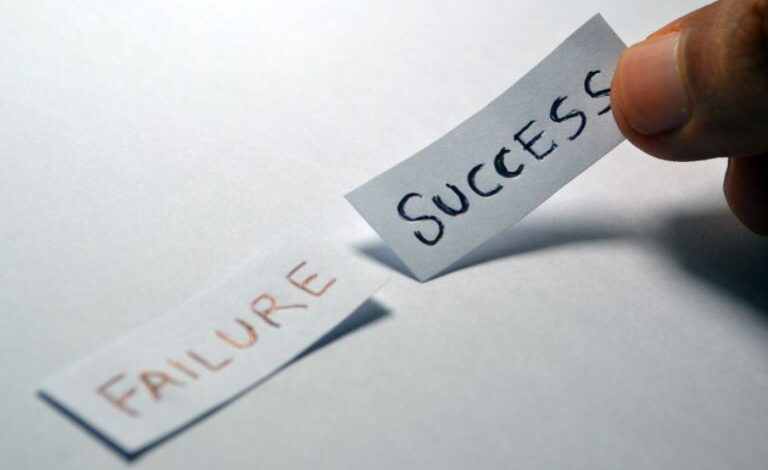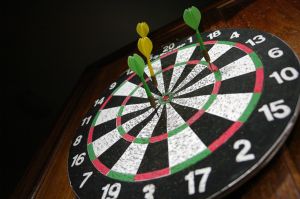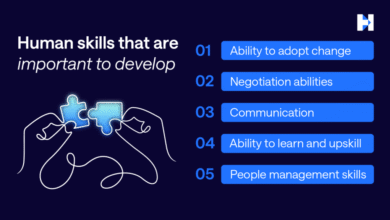
In 1997, Michael Jordan made what would become a legendary television commercial for his Air Jordan brand. As the screen shows him stumbling on the court, turning the ball over, and missing shots, Jordan narrates:
“I’ve missed more than 9,000 shots in my career. I’ve lost almost 300 games. Twenty-six times I’ve been trusted to take the game winning shot and missed. I’ve failed over and over and over again in my life. And that is why I succeed.”
At the very end, it shows Jordan making one of his most famous game winning shots to defeat the Utah Jazz for yet another NBA championship.
That’s certainly an excellent message about overcoming failure. And it challenges the common definition of success as short-term wins. But if we think of success that way, we tend to ride the emotions of our latest triumph or disappointment and let it skew our judgment when we define our success.
Returning to Jordan’s commercial, he points out that judging his entire basketball career a failure by the 26 times he was trusted to take the game winning shot and missed overlooks something crucial. For that matter, so is calling it a success solely on the basis of one game-winning shot. Put in these terms, it’s easy to see that judging a Hall of Fame career on any single play or game outcome would be ridiculous.
What makes for a great career in sports or business is never one outcome or result, or even a handful of them. What makes a Hall of Famer is sustained success.
That word sustained is absolutely key to understanding how I define “success” and “win.” I’m not interested in helping anyone get a one-off win. Real success should never be defined by short-term results. Don’t let your missed or made shots at the end of whatever game you’re playing be your measuring stick. Instead, think of it this way: True success is sustained success.
Before my current position as head coach for the University of Houston’s women’s basketball program, I coached the University of Kentucky women’s basketball team for 13 seasons. It was a terrific ride that included three visits to the Elite 8 of the NCAA tournament, a Southeastern Conference (SEC) championship, and three SEC coach of the year awards. I also had my share of setbacks along the way, including a season with more losses than wins.
Instead of drowning in unhelpful negativity, I recommend honestly analyzing a defeat for what you can learn from it. Learning to do this equips you with a valuable tool to improve your next performance. The lesson learned will direct your vision to a forward path. You’ll move onto your next challenge with the confidence gained from a lesson learned, not with pointless hand wringing that makes you feel less confident.
Think of it this way: Perspective is your attitude toward an outcome, good or bad. An honestly evaluated defeat leads to proper perspective.
If you suffer from a bad mental filter about how you process defeats, it’s possible to change it. You absolutely can develop a belief in sustained success, and the stronger you make that belief, the further you will go.
The way out is to stop these negative thoughts. Interrupt those old patterns and retrain your brain in new habits through these actions:
1. List changes you can make.
When you start complaining, stop and make a list of what practical changes you could make to be better prepared to counteract whatever you’re complaining about.
2. Take action.
When you catch yourself worrying about circumstances beyond your control, interrupt yourself and ask: What’s one action I could take right now to address my work challenge? And then take that action. Your mind will shift from worry to practical action and will spike your confidence.
3. Find solutions.
If you find yourself always barraged by problems and continuously fighting fires, ask yourself: What principles could I be using to categorize these problems and solve them permanently? Cut through temporary solutions and find clarity that allows genuine progress toward actual solutions.
4. Become aware of what you feed your brain.
What you let run around free inside your brain does matter. Train yourself to follow your thoughts and discern the content that you’re feeding your brain. If your content is all about complaints and the impact of external forces, that’s like feeding your brain a steady diet of junk food. Through time and effort you can choose different content.
Mastering your thought process will give you the mindset that enables you to crush self-sabotage and keep driving your team in the direction of sustained success.
About the Guest Post Author:



